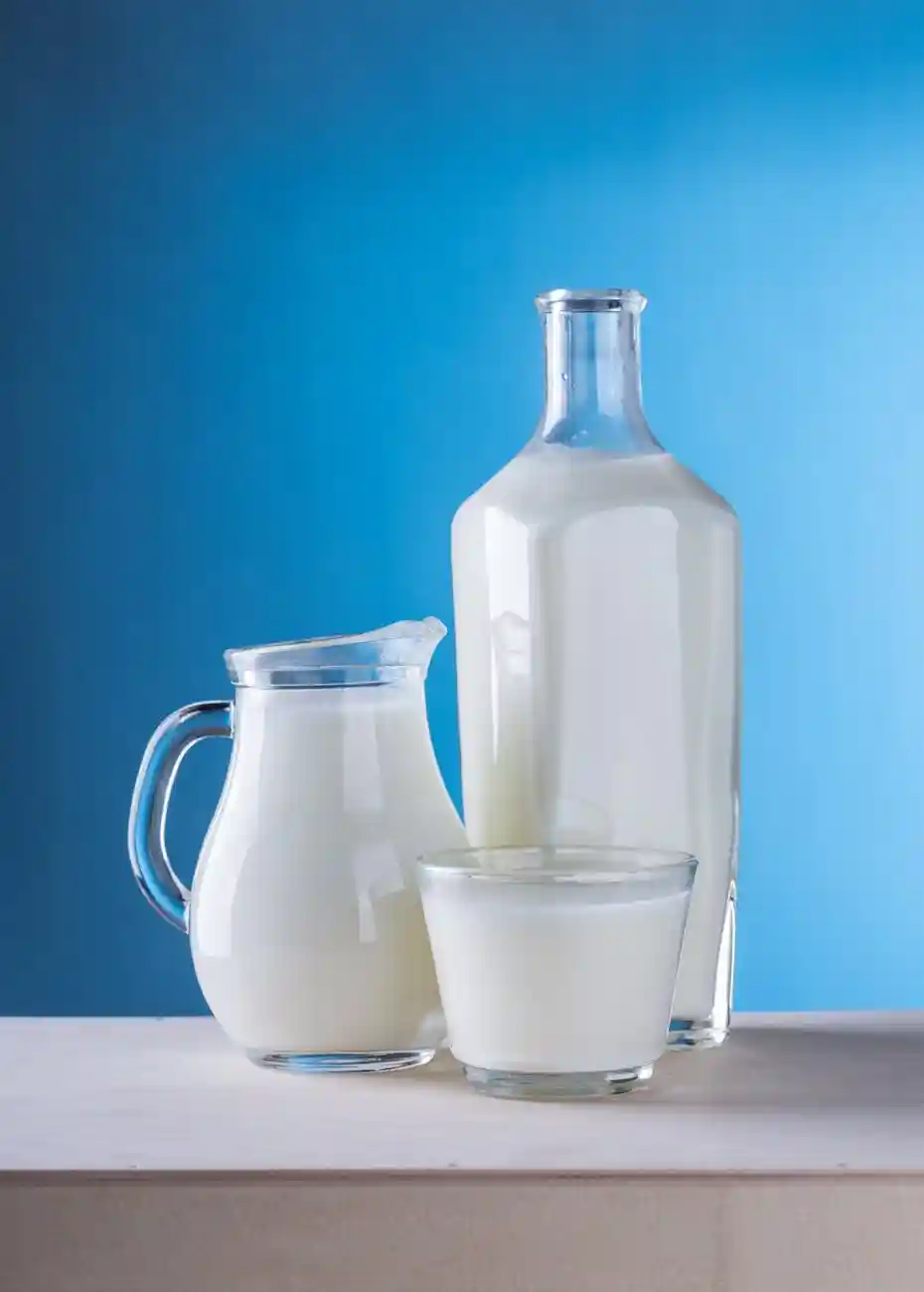
12/16/2008
Question: Can I eat chocolate bars with halav akum?
Answer: The correct term is “halav goyim” or “halav nokhrim”. ‘Akum’ is indeed ‘akum (crooked)as it is a term from Christian censorship and the term was unknown to Hazal. The terms utilized by Hazal to designate a non-Jew are: nokhri (= stranger), goy (one of the goyim = nations), or ben-Noah (in the case of one known to live according to the 7 Mitzvoth given to Noah, which are binding on all Mankind). A ger toshav is a separate category - see Hidushe haRamban Makoth 9b.
One may indeed eat chocolate bars which contain milk powder derived from halav nokhrim (assuming the other ingredients are kasher) for the following reasons:
-
The milk powder used in these bars is no longer be’eyn (in its original form). Furthermore, it is not more than a certain percentage of the whole, and is therefore battel berov.
-
The gezera referred to cheese (and milk under certain circumstances), not milk powder. Rambam (Maakhaloth Asuroth 3:13 - Vilna ed. 3:15) quotes some of the Geonim as being matir butter, seeing that butter was not explicitly forbidden. The other Geonim (mentioned ad loc.) who disagreed argued that there might be some drops of milk still present on the surface of the butter (as was once common), and all milk coming from a non-Jew (where we cannot be certain that said milk is from a behema tehora) is asur. Rambam (ad loc. 3:14 or 3:16) goes on to matir the butter after heating it so as any milk that may have been present would have evaporated or become mixed into the butter and thus battel berov. At any rate we see that even the Geonim who were mahmir did not claim that butter is asur because it is made from milk which is itself asur. Rather they claimed that there might be milk present. Thus we see that all the Geonim agree that something which was not explicitly banned is not forbidden.
-
It seems to me that there is no compelling reason to refrain from consuming even milk and milk products such as yogurt, cream and various milk beverages (assuming all ingredients are kasher) bought in a store (as opposed to directly from a farmer) in those countries that have laws regulating milking and the processing of milk and milk products (assuming these laws are known to be enforced).
The Talmud Yerushalmi (AZ 2:9 - Vilna 2:8) gives two reasons for milk bought from a non-Jew to be asur :
a) giluy (i.e. a poisonous creature may have excreted some venom into the milk when the milk was left uncovered).
b) the possible admixture of milk from a non-kosher animal. The TB (AZ 35b) gives only the latter reason. The last Mishna of that 2nd chapter of AZ and both Talmudim state that if the Jew can see the non-Jew milking - or even if the non-Jew thinks the Jew might be able to see him and therefore is scared to do anything that he knows the Jew will not accept, such as add milk from a non-kosher animal - the milk is allowed. See MT of Rambam 3:15 or 3:17. From all this we see plainly that if there is good reason to believe that the milk before us is in fact from a kosher animal, the milk is mutar. (As for giluy - almost no-one today is mahmir about giluy as is written in all the Ashkenazi Rishonim, seeing that venomous snakes and the like are not common in our homes today).
In Igroth Moshe YD, (I, Nos. 46 & 49) haGaon haRav Moshe Feinstein zs”l explains that due to government regulation and possible criminal charges, it is extremely unlikely that the dairy companies would tamper with the milk. This situation, writes HaRav Feinstein, is analogous therefore to that stated in the Talmud - if the non-Jew fears being caught, we can assume the milk is kasher. HaRav Feinstein indicates that he feels this is the Halakha, even though he adds that a ba’al nefesh should be mahmir.
-
With all due respect to the Gaon zs”l, I do not see the need for being mahmir in this case; the analogy to that stated in the gemara is complete. Just as the beraytha brought in both Talmudim states that where the non-Jew is afraid of getting caught the milk is mutar and the Jew need not be worried in the least - “we’eno hoshesh” in the words of the beraytha - here too, we need not be hoshesh, and one need not mahmir.
-
Some poseqim seem to claim that Hazal’s purpose in making these enactments was a general one: to distance us from the goyim. See Magidh Mishne on MT 3:13 in the name of Ramban and Rashba zs”l - see too TB AZ 36b. Even if this is so, this does not apply in a situation where these items are bought in a supermarket or store, where there is no personal contact with the manufacturer, and thus no room for concern that the Jew will become too friendly with the non-Jew. This was not necessarily the case in ancient times, when such items were often bought in the home of a local non-Jewish farmer, which could – and did – lead to meeting members of his family, e.g. his daughter etc. The concern was founded on the possibility of assimilation. This plainly does not apply to the usual reality of purchasing such products today. I wish to stress that I am referring to milk, milk powder and other milk products as mentioned above. As for cheese, this requires a separate and more involved berur.
THUS NO-ONE SHOULD SEE THIS TESHUVA AS REFERING TO CHEESE PRODUCED BY GENTILES.